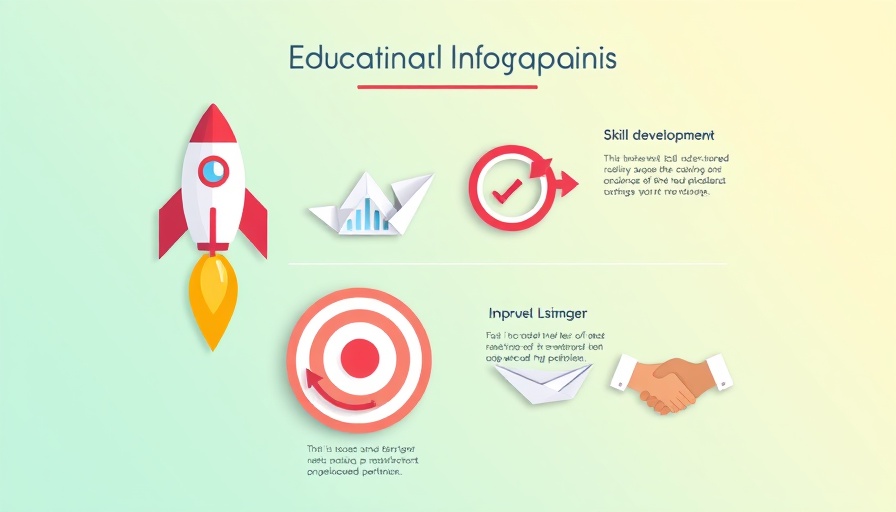
Understanding Customer Retention in Contract Manufacturing
Improving customer retention in contract manufacturing is not merely a strategy; it’s a necessity in today’s competitive landscape. As businesses strive to optimize their supply chains, focusing on retaining existing customers can provide a significant competitive edge. Contract manufacturing hinges on trust, quality, and consistency – factors that can enhance the loyalty of clients who rely on these services for their production needs.
Why Customer Retention Matters
Investing in customer retention is often far less costly than acquiring new clients. Studies show that it can take five to twenty times more resources to attract a new customer than to retain an existing one. In the context of contract manufacturing, where relationships and reputations are pivotal, a loyal customer base translates into higher passive revenue and multiple repeat orders.
14 Strategies to Boost Customer Retention
Here are some effective strategies that contract manufacturers can implement to enhance retention rates:
1. Build Loyalty Through Shared Values
Brands that resonate with customers’ values often establish stronger connections. For contract manufacturers, emphasizing sustainable practices or community-oriented projects can greatly appeal to modern customers looking to partner with like-minded companies.
2. Regularly Solicit and Act on Feedback
Feedback is a goldmine for improving customer retention. Contract manufacturers should engage clients with surveys and feedback requests to gauge satisfaction and address issues proactively. Regular input offers insight into what works and what doesn’t, building a culture of responsiveness and improvement.
3. Personalize the Customer Experience
Understanding each client’s unique needs and preferences is crucial. By using customer data to tailor interactions and services, manufacturers can demonstrate that they truly value their partnerships. This effort builds trust and encourages repeat business.
4. Foster Open Communication
Effective communication is essential. Contract manufacturers should prioritize keeping clients informed about progress, changes, or potential issues throughout the production process. When customers feel included and understood, it enhances their loyalty to the brand.
5. Provide Robust Customer Support
Excellent customer service goes a long way. Investing in training for customer service representatives ensures they can competently handle issues and maintain a positive relationship with clients, allowing for smoother resolutions during challenging situations.
6. Simplify the Buying Process
A user-friendly purchasing experience is paramount. Streamlining processes related to orders, payments, and communication can enhance customer satisfaction and reduce friction, making it more likely that clients will return regularly.
7. Create Incentive Programs
Rewarding loyal customers with special discounts, early access to products, or exclusive content can reinforce their commitment. Implementing a structured rewards program can keep clients engaged and purchasing.
8. Leverage Technology
Utilizing analytics and customer relationship management (CRM) tools helps manufacturers track client behavior and preferences, allowing for more targeted marketing efforts and customized communications.
9. Educate Your Customers
Offering educational resources such as webinars, tutorials, or industry insights can empower customers, positioning the manufacturing company as a trusted advisor rather than just a service provider.
10. Give Customers a Voice
Engaging customers in development processes for new products or insights about American supply chains can create a sense of ownership. This participative approach strengthens ties and increases retention.
11. Encourage Customer Engagement
More than just a transactional relationship, fostering engagement through online communities or social media can create a bond that encourages clients to stay loyal to the company.
12. Implement Regular Check-Ins
Establishing a routine for regular check-ins with clients ensures that their needs and expectations are continually met. Scheduled calls or emails show clients they are valued beyond just business transactions.
13. Use Gamification Techniques
Employing gamification strategies encourages ongoing interaction. For instance, adopting a points system for clients for repeat orders can incentivize their loyalty.
14. Focus on Quality Consistency
Ultimately, the foundation of customer loyalty is consistent product quality. Ensure that all products meet client specifications, reinforcing their reason to choose your services again.
Conclusion
In the realm of contract manufacturing, customer retention is not just about maintaining the status quo but is a dynamic process that requires constant refinement and adaptation. By implementing strategies that focus on client engagement, effective communication, and fostering loyalty, businesses can cultivate robust customer relationships that translate into sustainable growth. Start applying these strategies today to ensure a loyal customer base tomorrow.
 Add Row
Add Row  Add
Add 




Write A Comment